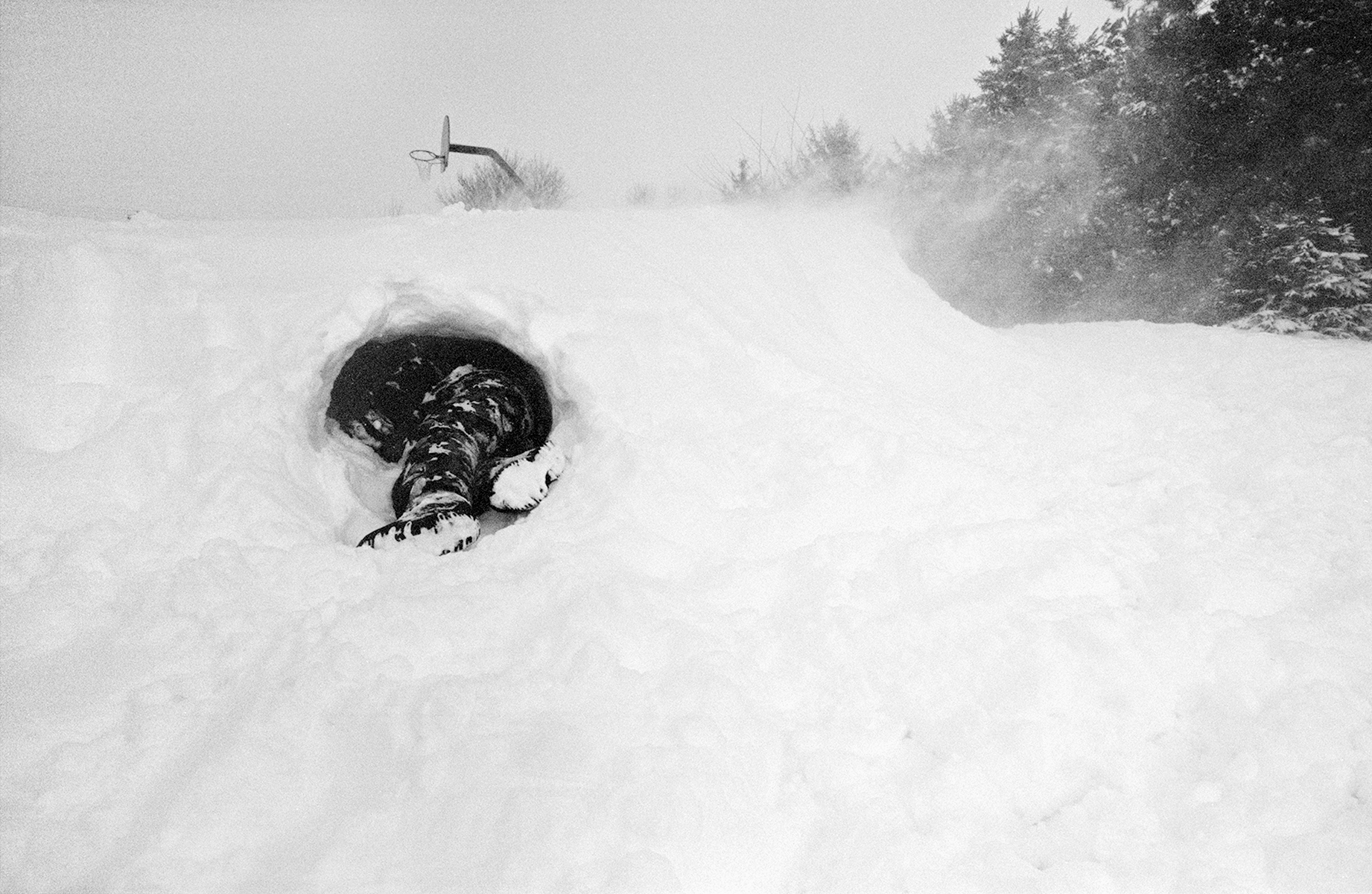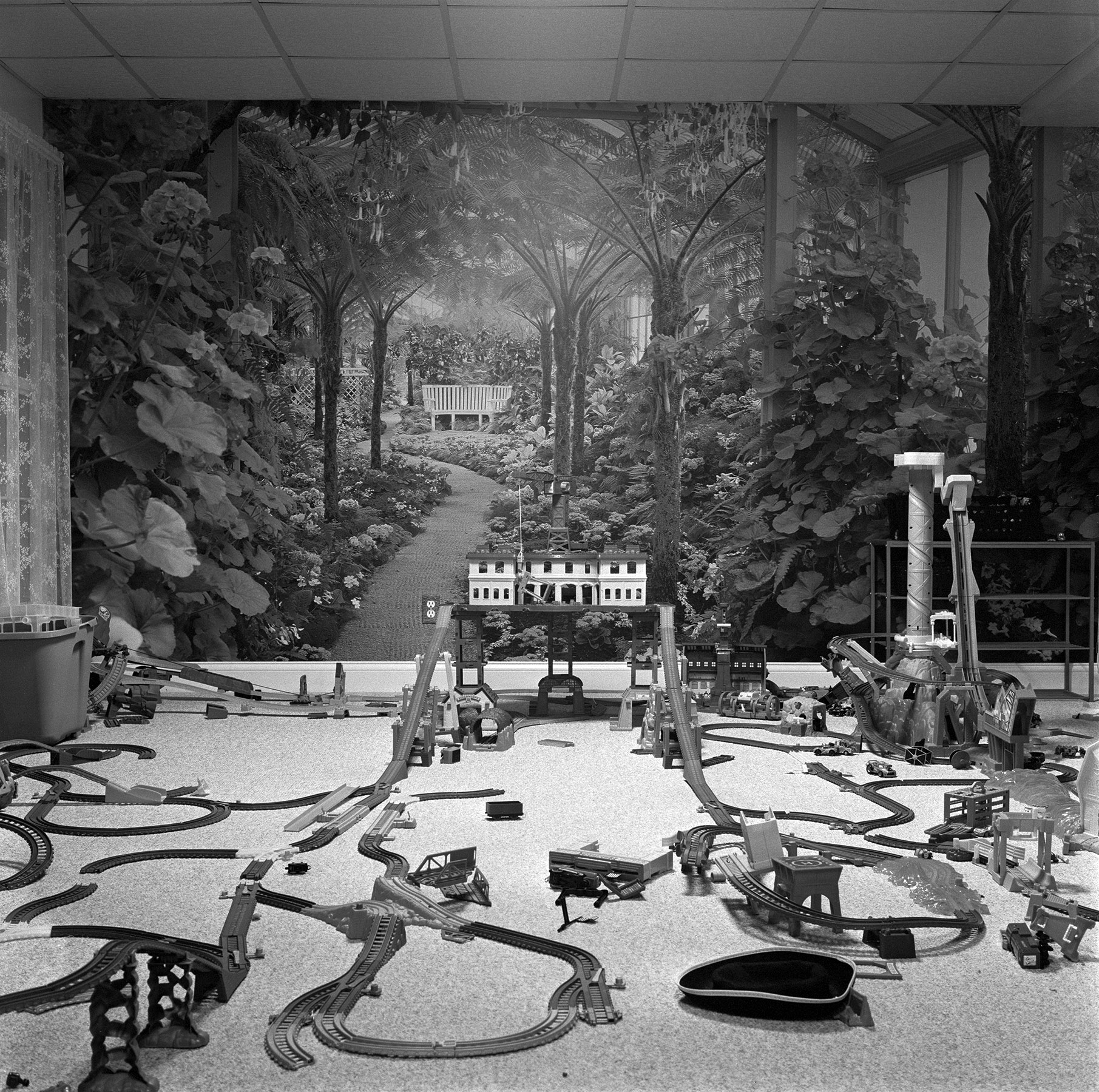When we tell the stories of our lives, to others or to ourselves, we tend to land on events. Here is the story of the day I got married. Here is the story of the day I broke my arm. There is narrative in events which gives a structure to our stories. And even if the event was not profound, there is interest in anecdote.
“The Locusts” by Jesse Lenz
Published by Charcoal Press, 2020
review by W. Scott Olsen
But the events, no matter how dramatic, no matter how tragic or joyful or life-changing, tell only a sliver of the truth of our lives. There are all those afternoons, those early mornings and very late nights, when we did very little. There are all those moments when we watched a hummingbird, admired a sunset, listened to birdcall, or just admired the way the world was appearing. When we were children, there were those days we simply went out to play, the days we went out to explore the universe near home.
There are stories about things that happened and then there are stories about what it was like.

Think about building snow caves in the yard. Think about building “forts” out of old boxes or blankets in the basement. Think about finding skeletons of birds alongside the road. Think about getting stung by a bee or climbing a tree or falling asleep outside.
It’s a bit like dark matter in physics. What we can see, the visible universe, has nowhere near the amount of mass to account for all the gravity. So there has to be something else, something with atomic mass, we simply have not learned to see.
The stories we tell each other have nowhere near the gravitas we grant our lives. So there has to be something else.

Is it possible to photograph the narratively smaller, less dramatic, yet otherwise tremendously larger, more important, more truthful moments? Yes, it is. That is the power of a new book published by the Charcoal Press. The Locusts, by Jesse Lenz, is a wonderful collection of black and white images from his home in Ohio. There are no explosions and very little irony. The book is a collection of the ordinary moments that come to mean everything.
According to the press material: “[Lenz’s] images transport the reader to rural Ohio where his children run wild in fields, build forts in the attic, and fall asleep surrounded by lightsabers and superheroes. The microcosmic worlds of plants, insects, animals, and children create a brooding landscape where dichotomies of nature play out in front of his growing family. The backyard becomes a labyrinth of passages as the children experience the cycles of birth and death in the changing seasons. The Locusts depicts a world in which beautiful and terrible things will happen, but offers grace and healing within the brokenness and imperfection of life.”

The Locusts is one of those books that cause you to look at the ceiling, or into your tea, as much as the book itself. This picture of the child in a snow tunnel, for example: it’s a nice photograph. The composition is solid and I like the spindrift snow blowing off the drift. But the image is also nothing special. There’s no sturm und drang. There’s no fine-art pretense. So why then did I spend fifteen minutes remembering the countless snow tunnels I dug, the tunnels and forts I helped my children build, the thousand failed attempts to build an igloo in our front yard and then spend a night outside?
The Locusts provokes memory. Not the memory of shouting. Instead, this book provokes the memory of whispers. Every image is serendipitous. Every image is an invitation. Oh, yes, we think. I did that too.

The Locusts will mean more to the old than the young. These images – the moments and perspectives – are unmistakably from the point of view of old looking at young. Not with regret or loss. Ah, yes, the images say.
The work is nostalgic, in the very best and most appreciative use of that word. This book is an appreciation of the time in our youth when we can create anything from everything, when every day is a chance to go exploring, when old ground still holds room for discovery. The adult looking at these images will find themselves remembering. The decision for black and white is elegant here.
Again, according to the book’s press material, “Jesse Lenz is a self-taught photographer and multidisciplinary artist. As an illustrator he has created images for… TIME, The New York Times Magazine, Newsweek, Rolling Stone, and many others. He is the founder and director of Charcoal Book Club and the Chico Hot Springs Portfolio Review. From 2011-2018 he also co-founded and published The Collective Quarterly and The Coyote Journal. He lives on a farm in rural Ohio.”

The Locusts is a reminder that every image holds a reflection of the viewer. We bring our entire lives to the photograph. We always see some part of ourselves. Sometimes we see stories. Sometimes we see the more important whispers.

A note from FRAMES: if you have a forthcoming or recently published book of photography, please let us know.






Adrian Hill
February 10, 2021 at 21:45
An excellent review/critique. Makes me want to explore further both the book and the photographer.
Gowri
February 27, 2021 at 20:29
Such a thoughtful review!